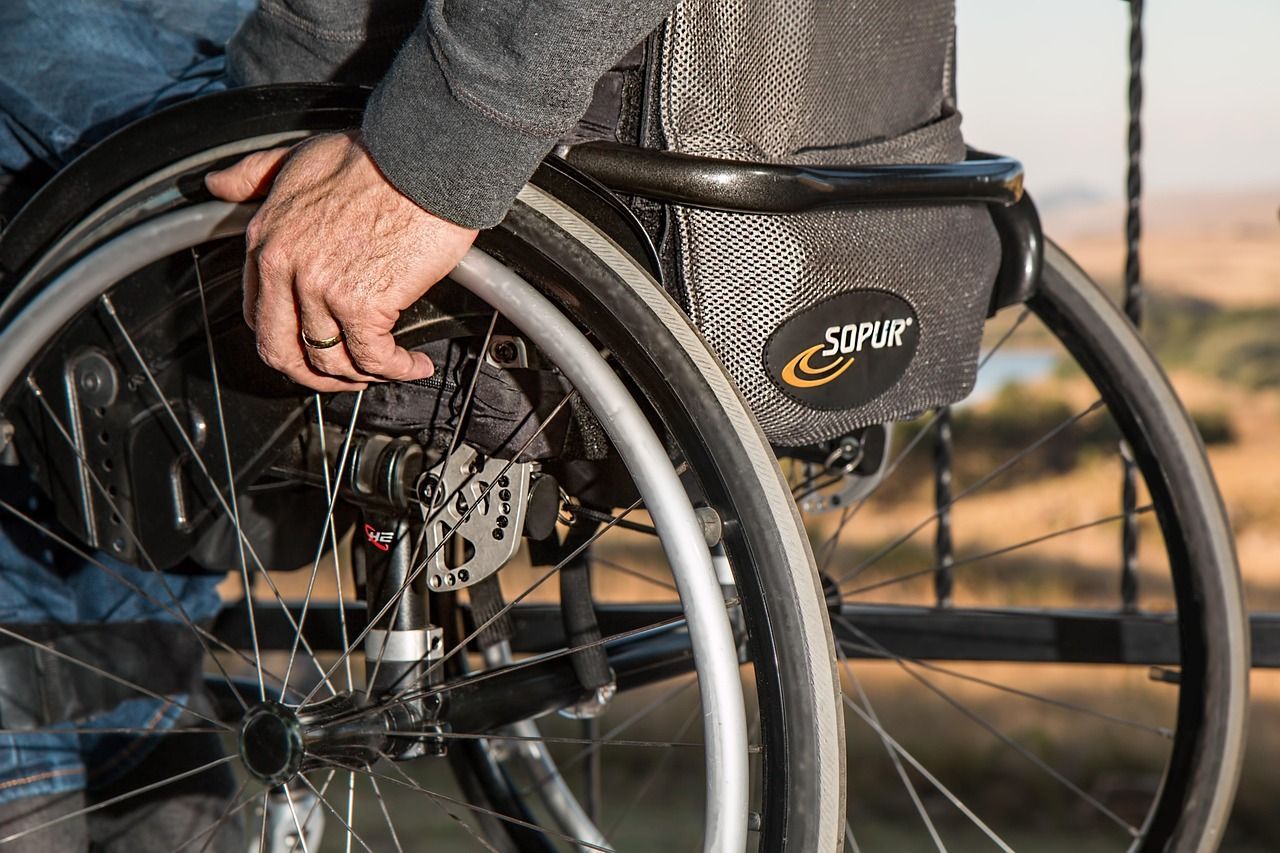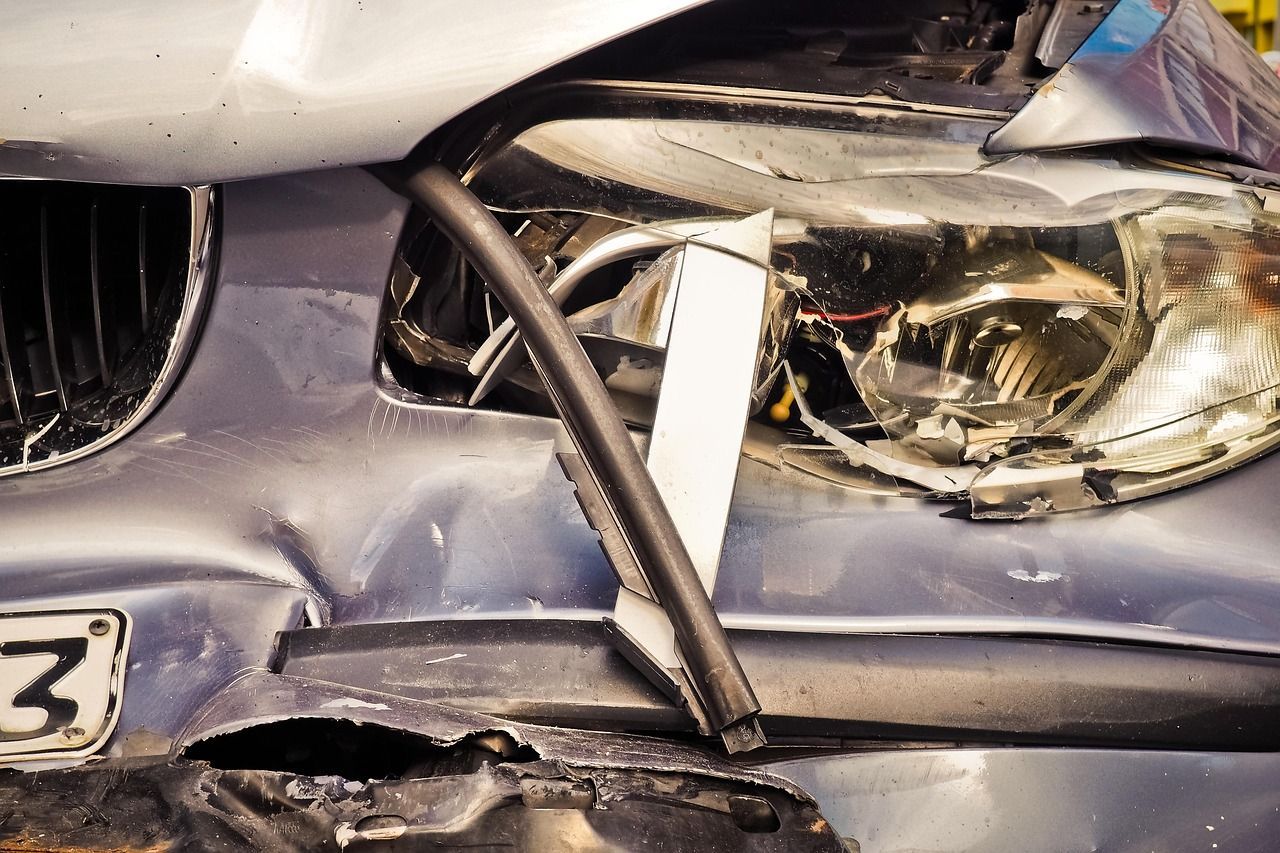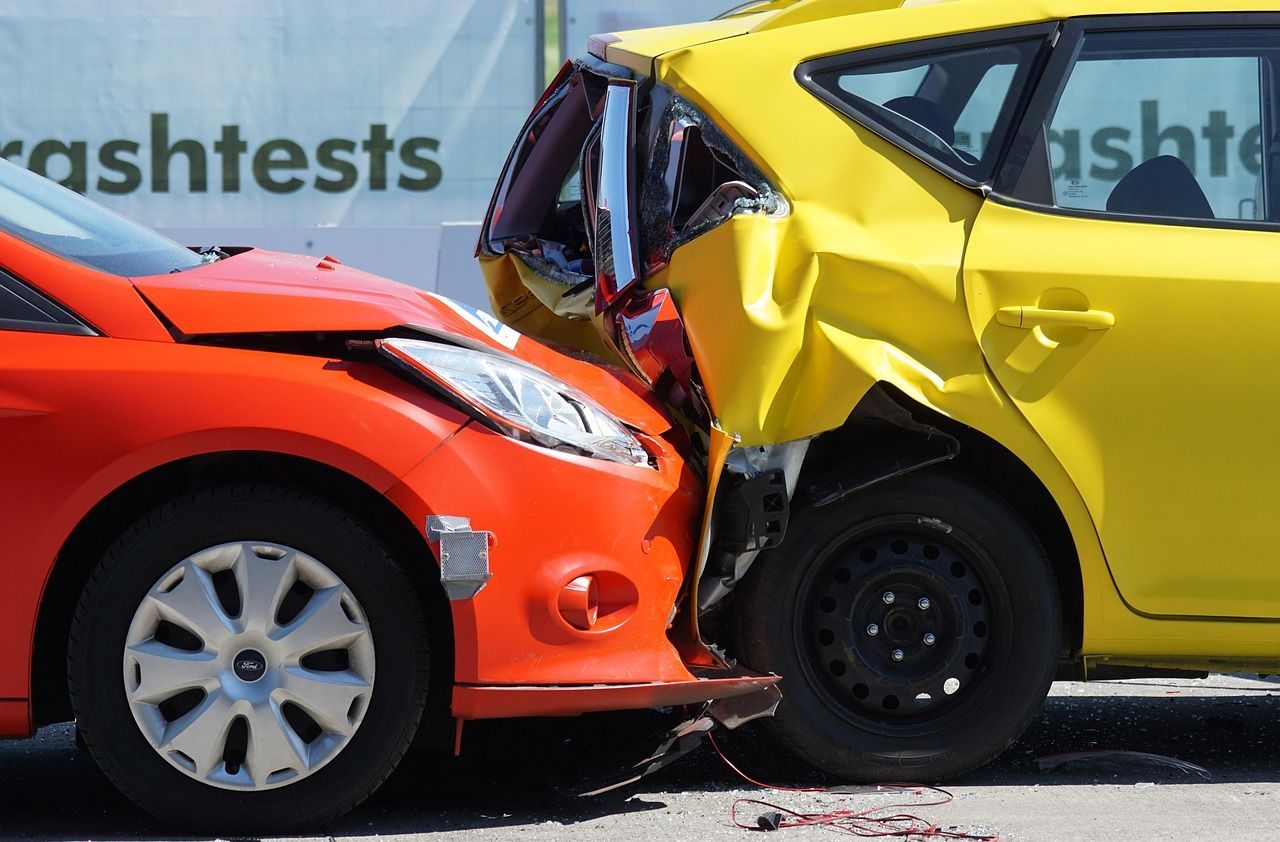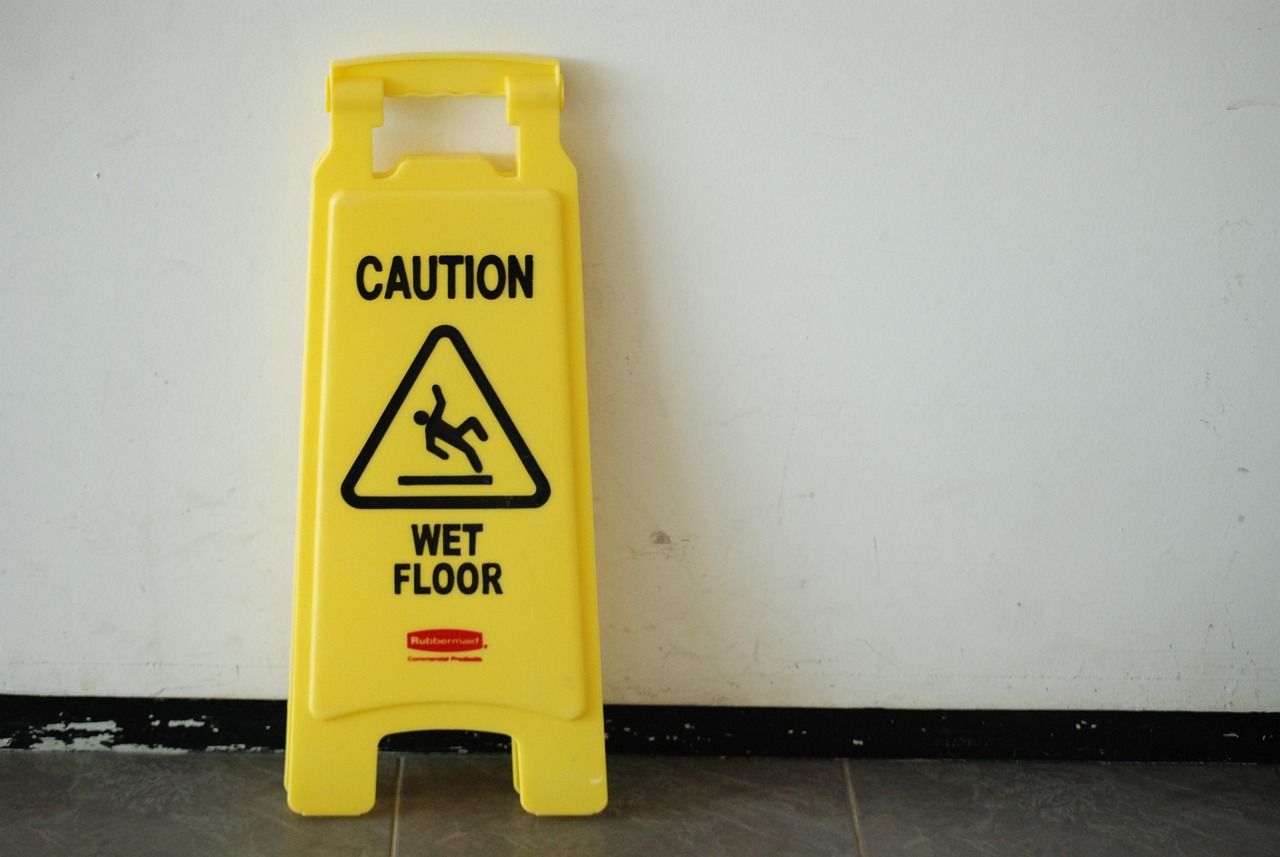I Guarantee a 24 Hour Response


What Really Happens After a Car Crash in Wisconsin: How to Protect Yourself and Your Rights
The First Thing People Feel After a Crash
When people call Paul Benson after a crash, they’re usually stressed and confused. They’ve heard conflicting advice from friends, family, police officers, hospitals, and insurance agents — all saying different things.
At the same time, the other driver’s insurance company often calls right away, pushing them to settle the claim quickly. That combination of pressure and confusion leads many people to make early mistakes that can hurt their case later.
What to Say — and What Not to Say — After an Accident
Benson advises accident victims to be completely factual, but not overly talkative. One of the biggest mistakes people make — especially in Wisconsin, where people are known for being polite — is apologizing or taking partial blame out of kindness.
Saying something like “I should’ve seen you” or “I could’ve avoided that” can be used against you later. Instead, Benson says to simply describe what happened, avoid guessing distances or times, and stick to what you know for sure.
If the other driver is angry or aggressive, he recommends staying calm and waiting for the police to handle the information exchange.
How Wisconsin’s “At-Fault” System Works
Wisconsin follows what’s called an at-fault (tort) system, meaning the person who caused the crash — and their insurance company — must pay for the damages. But there’s an important rule called modified comparative fault, sometimes known as the 51% rule.
If you are found to be more than 50% at fault, you can’t recover any damages. That’s why it’s crucial to document everything carefully and avoid making statements that could suggest you were to blame.
Who Pays the Medical Bills After a Car Accident
Benson explains that one of the most complicated parts of a car accident case is figuring out who pays for medical treatment.
Many people assume their health insurance automatically covers everything, but that’s not always true. Most private health plans are considered secondary payers, meaning they expect the auto insurance to pay first. However, there’s often not enough medical coverage under auto insurance to cover large hospital bills.
The best approach, Benson says, is to have your health insurance billed first whenever possible. This allows you to take advantage of the plan’s discounted rates. Under Wisconsin’s collateral source rule, the at-fault driver’s insurance must pay the full value of your medical bills — even if your health plan paid less.
That means you may recover more than what was actually paid, because the law prevents the person who injured you from benefiting from your insurance discounts.
If you have Medicare or Medicaid, the rules are different — those programs usually require you to use your own medical payments coverage first. Either way, having an attorney involved early helps make sure bills are submitted correctly and on time so claims aren’t denied for late filing.
Handling Car Repairs and Property Damage
Benson and his team also help clients with their property damage claims, which are separate from the injury claim. The property damage side covers things like car repairs, lost use of the vehicle, and other personal property damaged in the crash.
For example, if it takes 10 days to get the other driver’s insurance information, you may be entitled to compensation for the lost use of your vehicle — basically, what it would cost to rent a comparable car for that time.
You can also recover costs for replacing car seats, broken glasses, or damaged phones, and even for diminished resale value. If your car is worth $60,000 and loses $10,000 in resale value after the crash, that’s a real financial loss — and the insurance company should pay for it.
Insurance adjusters rarely volunteer this information, so Benson emphasizes the importance of knowing what you’re entitled to.
Insurance Adjuster Tactics to Watch Out For
One of the most common tactics Benson sees is the early settlement call. Insurance adjusters often reach out within days of the accident, pressuring victims to sign paperwork or settle quickly.
They use false deadlines and claim they’ll “close the file” if you don’t accept their offer. But in Wisconsin, injury victims actually have three years to file a claim. These deadlines are simply scare tactics designed to make people settle before they know the full extent of their injuries.
Should You Talk to the Insurance Company?
Benson says it’s fine to give an adjuster your name and contact information, but nothing more. Simply let them know you plan to consult with an attorney before discussing injuries or details of the crash.
That approach keeps you professional and polite while protecting your rights. It also helps prevent the insurance company from twisting your words later.
Does Every Case Require a Lawyer?
Not every case needs legal representation, Benson admits. If the property damage is minor and there are no real injuries, people can often handle the claim themselves.
He frequently gives free consultations to help callers decide whether they need a lawyer or not. If someone’s only claim is minor soreness or a small car repair, he often advises them to take the insurer’s small settlement offer — usually around $1,000 to $2,000 — and move on.
But when injuries are serious or symptoms develop later, having an attorney can make a life-changing difference.
When “Minor” Injuries Turn Out Serious
Benson recalls a recent case involving a retired woman who tried to settle her case on her own. The insurance company offered her $2,000, claiming her symptoms weren’t connected to the crash.
After she came to Benson’s firm, they discovered she had suffered a traumatic brain injury. The case took nearly three years to prove, but just 45 days before trial, the insurer agreed to settle for $900,000.
Benson says it’s a reminder that injuries like concussions and brain trauma don’t always show up on scans and can take time to diagnose. Insurance companies often exploit that uncertainty — and some lawyers settle early instead of fighting for full compensation.
Final Thoughts
Car accidents are complicated, but Wisconsin law gives victims strong rights when they know how to use them. From medical billing to insurance negotiations, having the right legal guidance early on can prevent costly mistakes and protect your financial recovery.
As Paul Benson puts it, “Insurance companies are in the business of paying as little as possible. Our job is to make sure people get what they’re truly owed.”
Learn more about Paul Benson and how his firm helps Wisconsin families recover after serious car accidents at paulbensonlawfirm.com.





